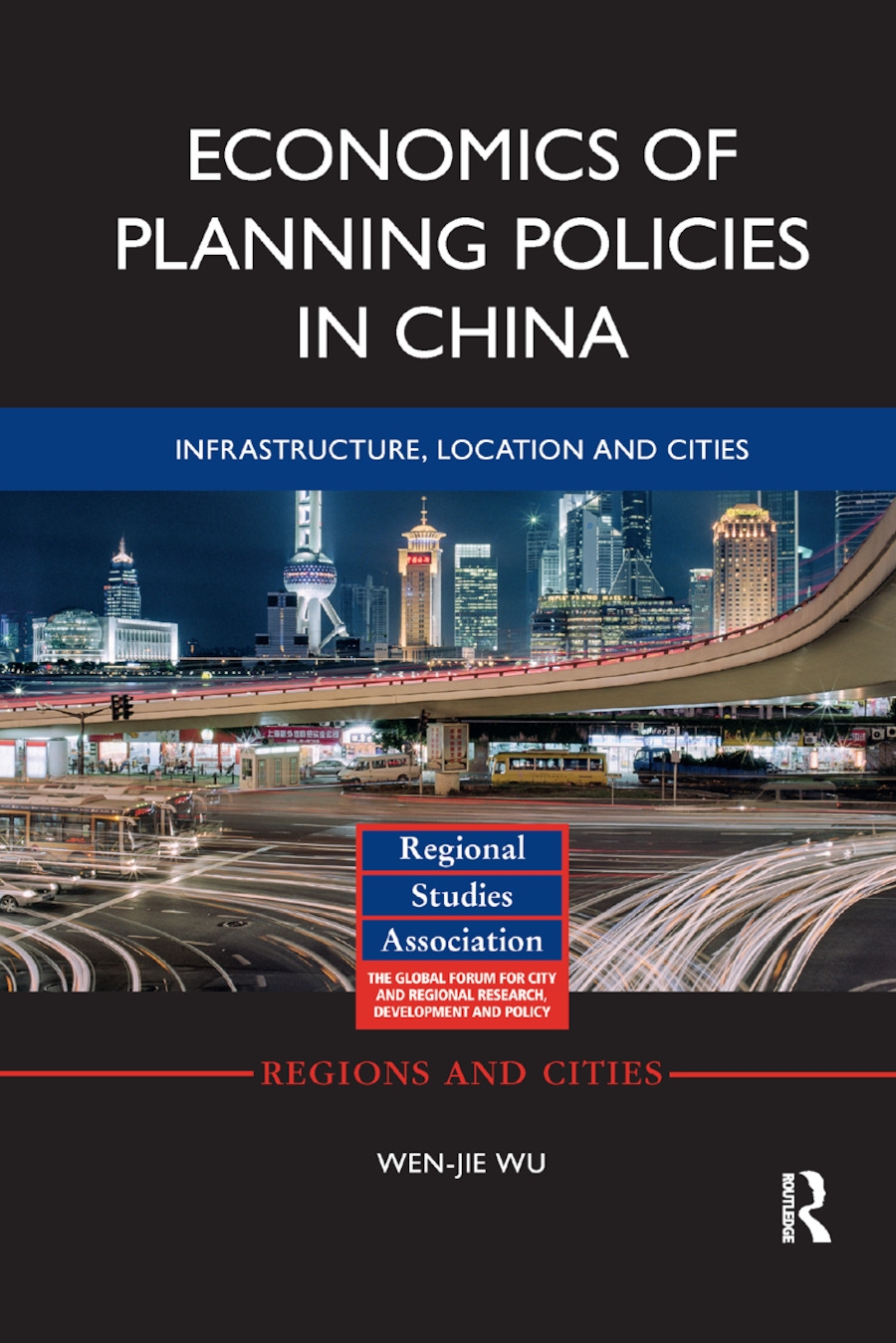This book examines the economic effects of planning policies; it focuses on recent experience in Chinese cities. Decades of fast economic growth and rapid urbanization have significantly changed the "faces" of Chinese cities. Like many fast urbanizing countries China is investing heavily in targeted regions and communities through planning policies---a largely place-based investment process that is of great importance for the public, business and policymakers. Despite significant public interest, little is known about the economic impacts.
Economics of Planning Policies in China aims to fill these major gaps by looking at particular cases of urban and regional planning programs. More specifically, it focuses on analyzing the economic impacts of infrastructure improvements like new rail transit and airport facilities, urban village renewals and mining-city regenerations. The critical perspective and detailed micro-geographical data analysis makes this book an important comparison to the existing studies of developed economies.
This book is based on a long period of research on Chinese urban development, and benefited from research fieldworks conducted in Chinese cities. It is an important reference for those interested in urban studies and a key supplementary text for graduates of the Chinese planning and economic geography.












